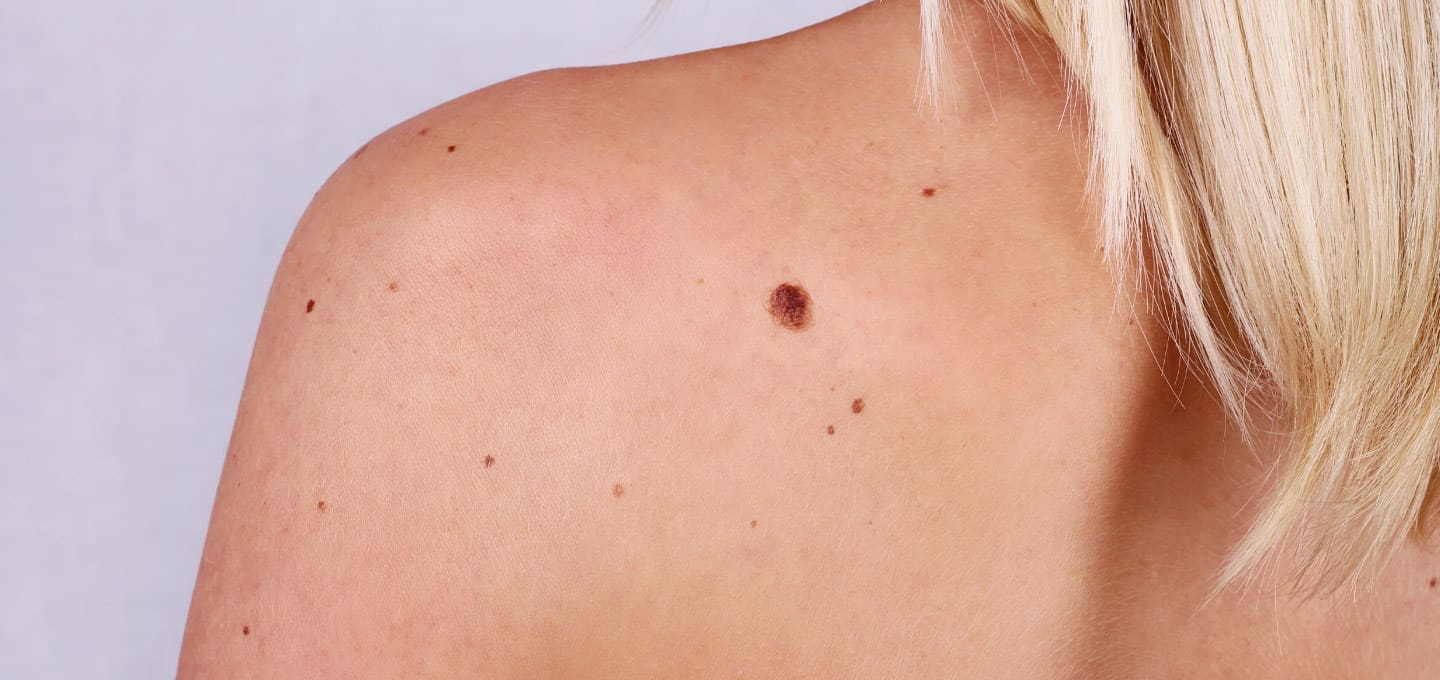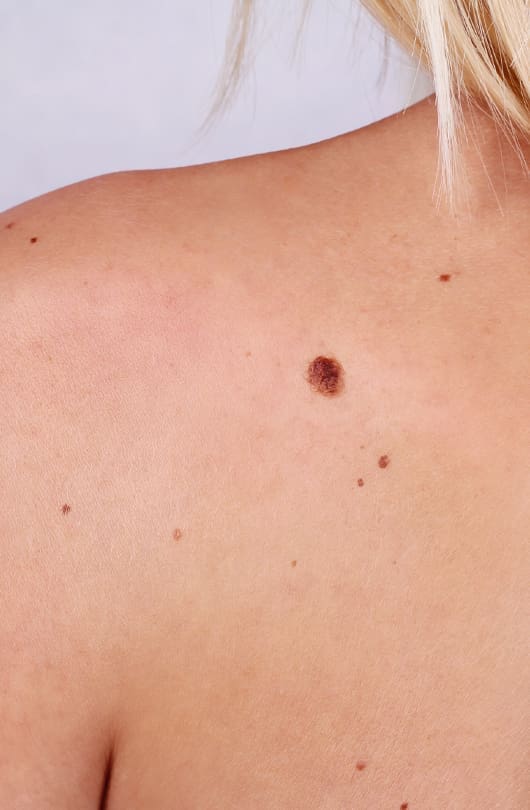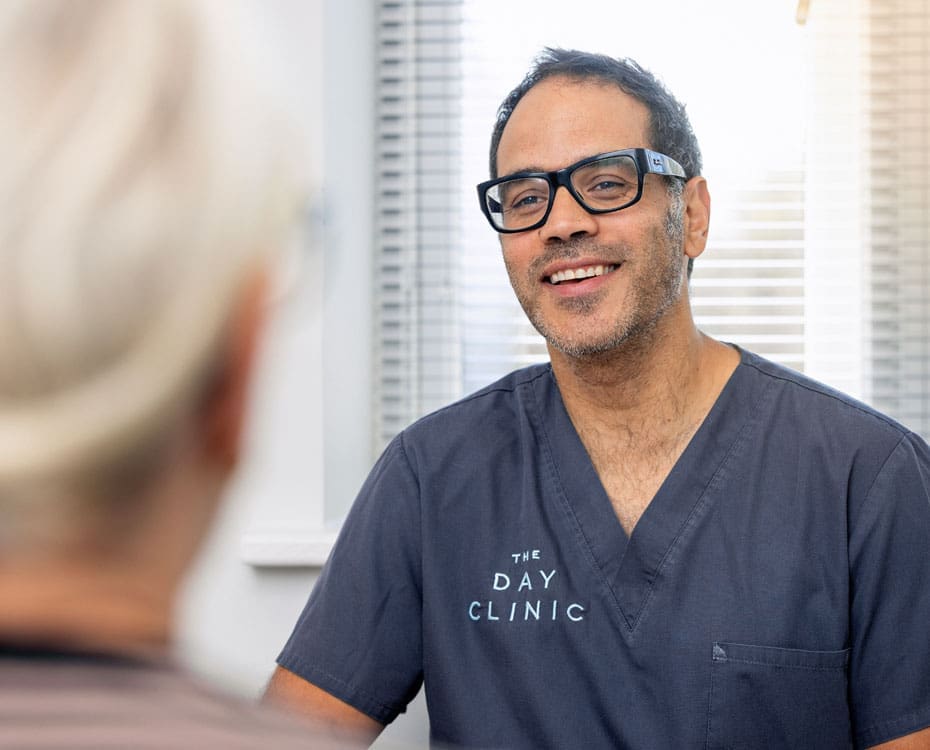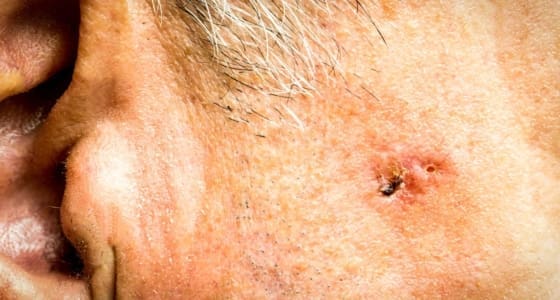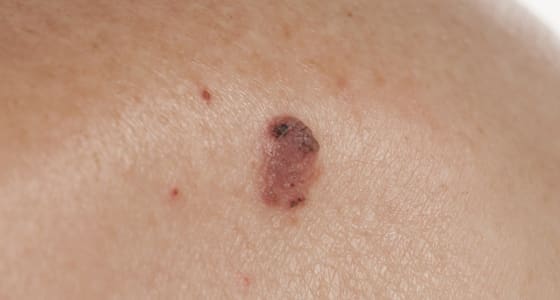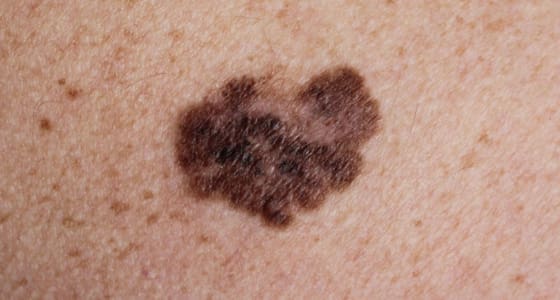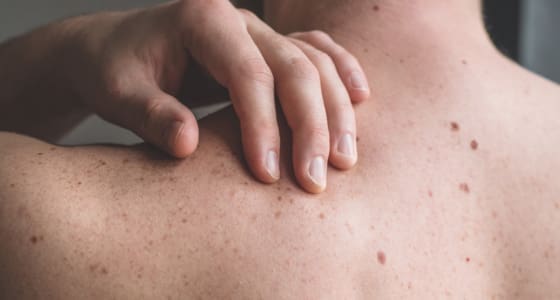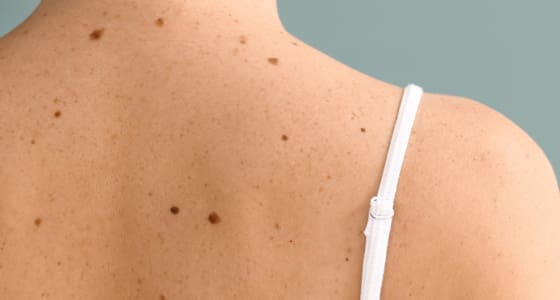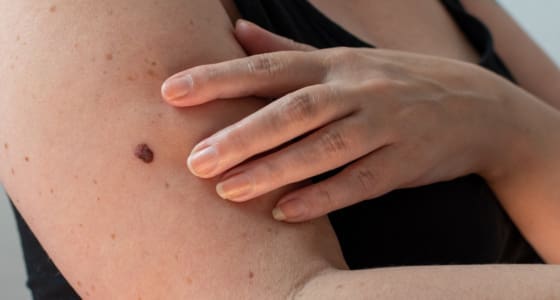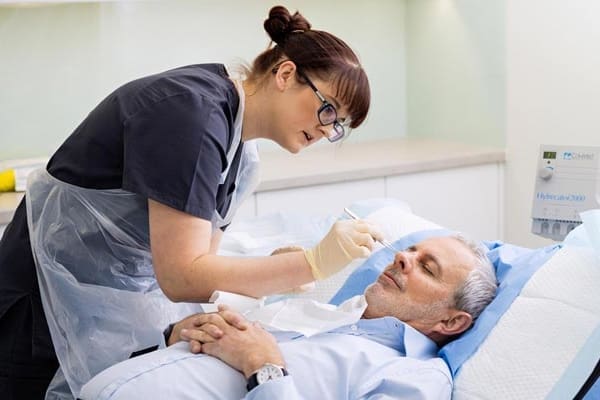It is often performed by a plastic surgeon who specialises in reconstructive procedures.
After the removal of skin cancer, especially in cases where a significant amount of tissue is excised, there may be a noticeable defect or deformity in the area. Plastic surgery reconstruction aims to address these issues and improve the cosmetic outcome. It involves various techniques to rebuild or repair the affected area using different procedures.
Plastic surgery reconstruction after skin cancer removal not only helps restore the physical appearance but can also improve the function and quality of life for individuals affected by skin cancer. It is essential to discuss your goals and expectations with your surgeon to ensure a personalised and successful reconstruction outcome.
